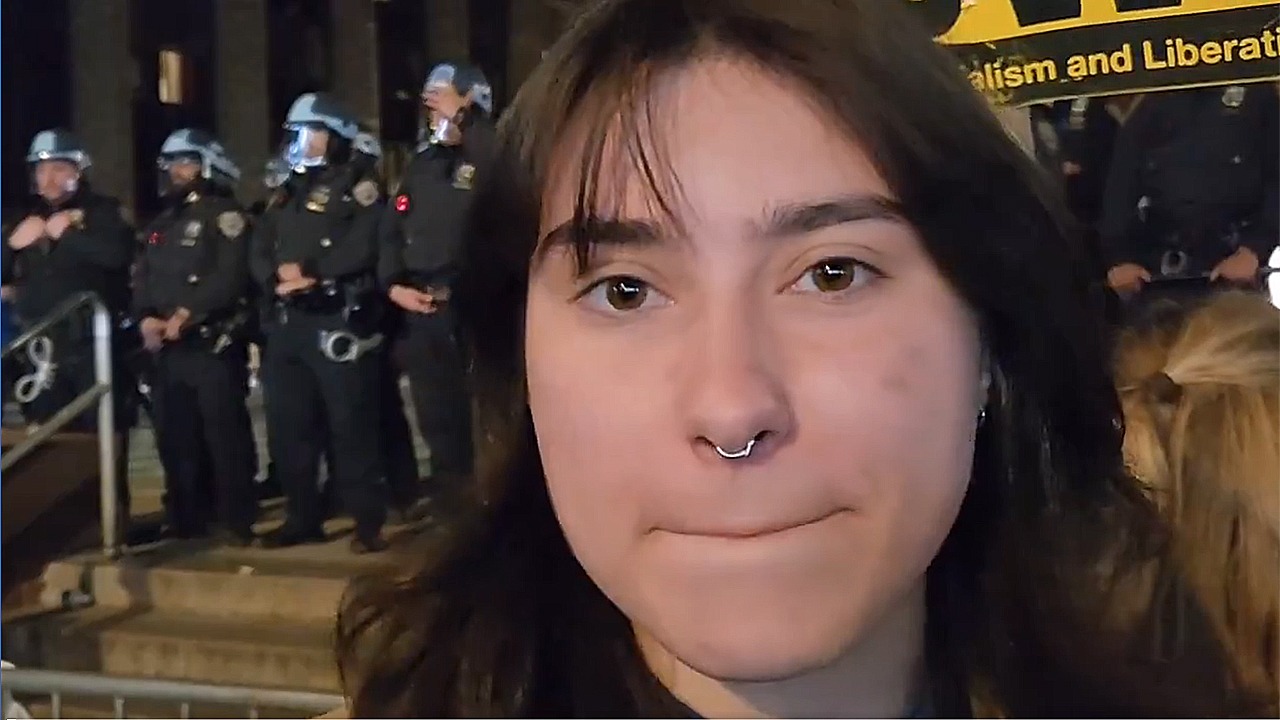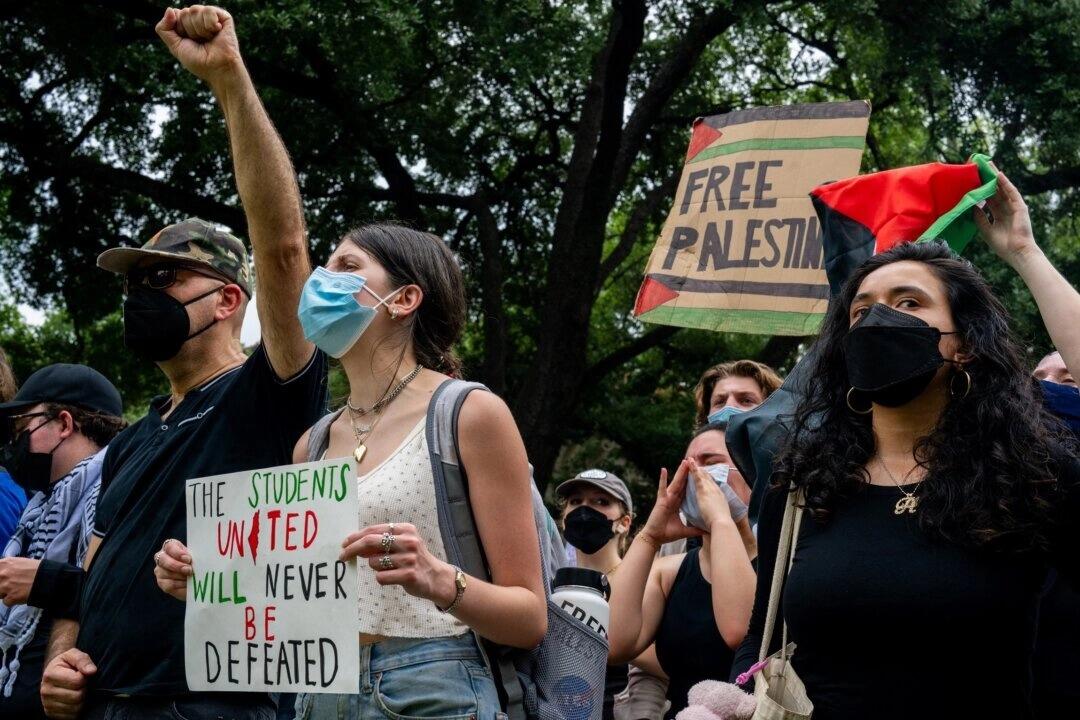And just a timely follow up . . .
Oddly enough, the author of this article is a professor at Northwestern University, which is also in deep trouble due to various issues with apparent civil rights issues, quotas, etc etc etc. Imagine a world where merit actually is rewarded! Imagine a world where you don't have to be politically correct, but rather can be honest, work hard and provide objectively superior results to get a promotion. Many universities DON'T provide that place.
Columbia University Can Lead a New Era of Civil Rights
It pledges to restore merit in hiring, and that could yield dividends in viewpoint diversity.
Aug. 1, 2025 at 5:11 pm
WSJ Opinion: The Economics of … Slavery’s Legacy
Harvard economist Roland Fryer explains how examining plantation records and market prices deepens our understanding of a devastating chapter in American history.
Columbia University has signed what may be the most sweeping civil-rights compact in the modern history of higher education. On top of the more than $220 million the school has consented to pay the government, the agreement subjects every admissions office and hiring committee to a single, colorblind mandate. No decision may turn on race, sex or ethnicity.
The document Columbia signed doesn’t include an explicit requirement for “viewpoint diversity’’—something the Trump administration sought in its demand letter to Harvard. That is just as well, because such a requirement would replace the spontaneous, merit-based competition of ideas with coercive bureaucratic allocation and grant the government dangerous power over thought.
Instead, by dismantling identity preferences and the bureaucracy that polices them, the settlement revives the only mechanism that reliably broadens the spectrum of ideas: an open, merit-based tournament.
The institutional pressure to hire minorities and women at these institutions has had significant ideological effects. According to a study, published in 2018 by the Journal of Legal Studies, white male law professors at universities are predominantly liberal—with minority and female professors leaning even further to the left. Empirical evidence developed by Nathan Honeycutt and others shows that mandatory “diversity, equity and inclusion” statements screen out ideologically heterodox scholars.
Many applicants thus gained advantages in the hiring process by presenting themselves as scholars committed to viewing their discipline through the prism of identity. But selecting the best talent from the entire pool, rather than filtered by race, sex or diversity statement, maximizes intellectual diversity, as the best candidates can’t be predicted in advance. Meritocracy functions like a pricing system, in that it gathers and concentrates scattered information about the most qualified candidates. Preferences constrain that discovery process.
Agreements like that with Columbia may also change the ideological makeup of the faculty hiring process. Conservatives who oppose affirmative action have been excluded from these committees due to concerns that their presence might hinder preferential hiring practices.
Some might object that the Columbia agreement will offer little new benefit, since universities are already barred from discriminating based on race or sex in faculty hiring. Unlike past Supreme Court rulings that allowed limited race-based preferences in admissions under Title VI (which governs educational operations by institutions that receive federal funds), the court has never granted similar leeway for hiring under Title VII (which bars employment discrimination), including for faculty positions.
Nevertheless, racial preferences have been used in faculty hiring, often justified by the argument that the faculty should reflect the racial composition of the student body if it is to serve as mentors and role models. It is therefore essential that Columbia’s independent monitor have access to the full faculty-screening process to stamp out discrimination.
There is convincing evidence that little will change without such monitoring. Admissions officers and counselors still openly tell prospective students to keep writing about race on their applications. Remarkably stable racial demographics at many elite colleges since Students for Fair Admissions v. Harvard (2023) suggest that institutions are finding ways to sidestep the ruling.
Columbia’s new commitment to colorblind policies, and the enforcement mechanism behind it, represents the first serious effort in a generation to restore the practice of hiring on merit. If the independent monitor does his job correctly, the connection between ideological conformity and unlawful preferences will begin to break down. It could be an important way to revitalize the American university system and intellectual freedom.





